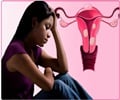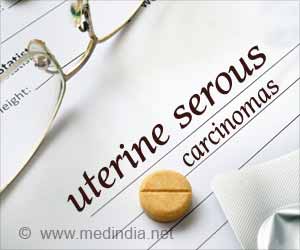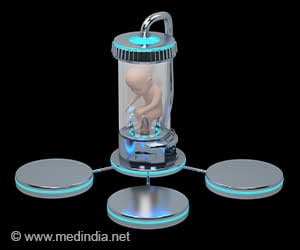
‘Heavy menstrual bleeding in women can be treated using prescribed medicines from general practitioner according to clinical trials.’
Tweet it Now
Heavy menstrual bleeding is a common type of abnormal bleeding from the uterus which affects about 25% of the women who are between the age of 18 -54.A team of researchers from the Universities of Nottingham, Birmingham and Aston University carried out a multicenter NIHR - funded randomised trial by following 571 women from 63 general practices for a five year period.
The study was conducted by randomly allocating either levonorgesterel intra uterine system as that of mirena oil or commonly prescribed oral medications like tranexamic/mefenamic acid or contraceptive pill for the patients and were asked to report their menstrual experiences.
The menstrual experiences of the patients were recorded using the Menorrhagia Multi-attribute scale. This scale measures the issues on practical problems, social life , psychological and physical health , surgical treatments and sexual life during heavy periods.
The results of the study after five years suggested that both groups had a notable improvement in heaviness of periods and quality of life. The number of cases associated with surgical treatments like endometrial ablation or hysterectomy was also found to be low in both the groups.
Advertisement
The study findings are published in the British Journal of General Practice and the researchers are following the study for the next five years with the same patients as most of them would have reached menopause and results would help to assess if they were following the treatment from the general practitioner or require surgery for treatment.
Advertisement
Source-Medindia










